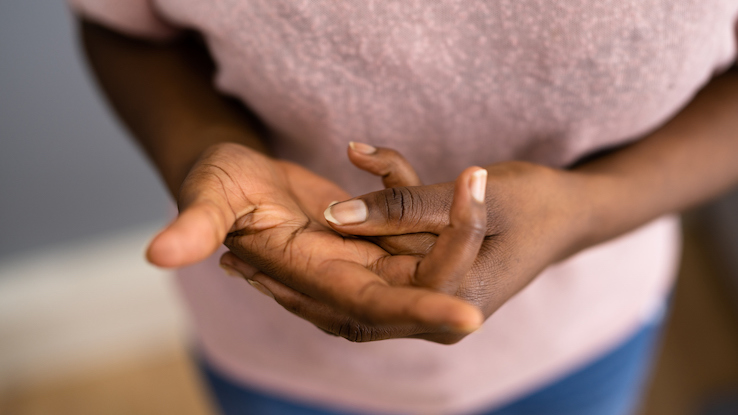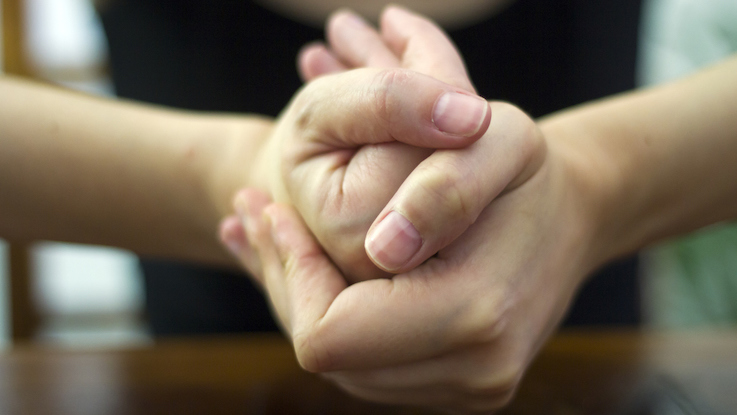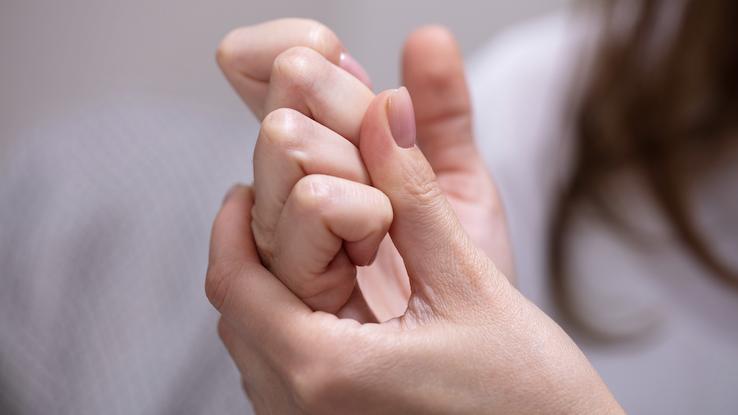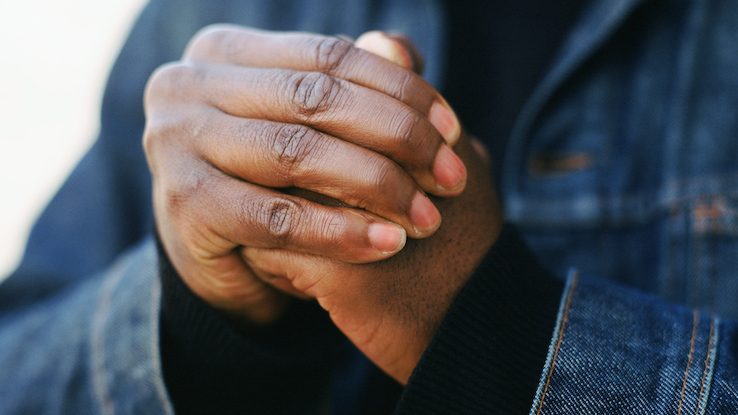
If you like to crack your knuckles, people may have told you to stop because it causes arthritis. And if you hate the sound of knuckles cracking, maybe you’ve even used this reason to get other people to stop doing it. Read on to learn about what really causes arthritis and whether it’s safe to keep cracking your joints.
What Is Knuckle Cracking?

To crack your knuckles, you apply pressure to the top half of your fingers until you hear a popping or cracking sound. Some people bend their fingers outwards and others press them in towards their palms. It often becomes a habit that people use to relieve stress or when their hands are feeling tired. And it’s not just for knuckles — you can also crack other joints like your neck, back, wrists, knees and ankles.
What Causes That Popping Sound?

When you bend and move the bones on either side of your knuckles out of place, they want to return to the joint. The popping sound you hear happens when your bones re-enter their normal position in the knuckle joint and your tendons (tissue that connects muscle to bone) snap back into place.
The popping sound is caused by bubbles in your synovial fluid — a lubricating fluid inside your joints. When you crack a joint, bubbles of gas suddenly form inside this fluid and then pop. Then you have to wait for new bubbles to form in order to crack that joint again. Just try cracking the same knuckle multiple times in a row — you won’t hear the same pop until the bubbles have time to reform.
What Causes Arthritis?

Arthritis is a joint disease that’s more common in older adults. The most common type, osteoarthritis, often affects smaller joints like the knuckles. It happens when the cartilage that cushions your bones breaks down and your bones start to rub against each other.
Some types of arthritis happen because of injuries or from natural wear and tear on joints as you age. Other types, like rheumatoid arthritis, happen when your immune system attacks your joints. But doctors don’t always know exactly what causes arthritis. That’s why it could be tempting to point the finger at something simple, like cracking your knuckles.
So, Does Cracking Your Knuckles Cause Arthritis?

No — there’s no evidence that cracking your knuckles can cause arthritis. Several studies have looked at whether this habit can increase the risk of arthritis as you age. But they found no ties between cracking your knuckles and arthritis.
This myth probably started because when you crack your knuckles, it may sound like your bones are touching. But the fluid in your joints that makes the popping sound acts as a buffer between the bones. So the sound you hear doesn’t have anything to do with arthritis.
There are some possible side effects to cracking your knuckles, but they’re minor. Cracking knuckles can weaken the joints, but this effect is temporary — it will go away if you stop putting pressure on the joints. Cracking your knuckles may also cause minor damage to the soft tissue around the joints, but this isn’t serious.
So, the next time someone complains about your knuckle cracking and warns of the dangers of arthritis, just crack another knuckle and tell them it’s only a myth.
Resource Links:
- “Ask a Doc: Is Knuckle Cracking Bad?” via Cedars Sinai
- “What Causes the Noise When You Crack a Joint?” via Library of Congress
- “Knuckle Cracking and Hand Osteoarthritis” via Journal of the American Board of Family Medicine
- “Let’s Get a Hand on This: Review of the Clinical Anatomy of ‘Knuckle Cracking'” via Clinical Anatomy





